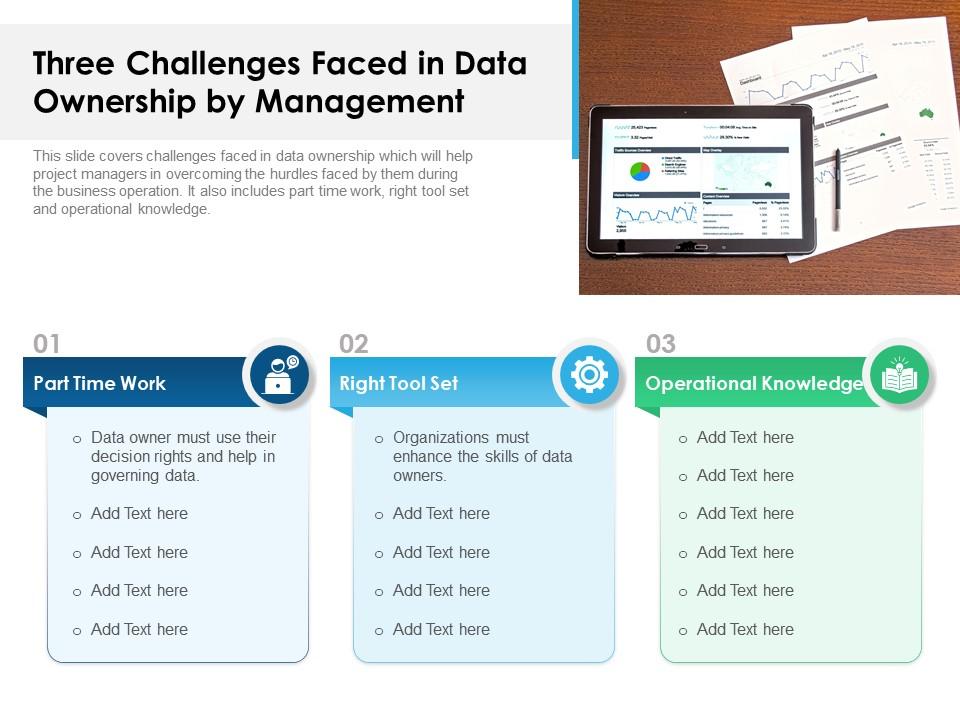
Navigating Data Ownership Rights in the Modern Era
In today’s digital landscape, the concept of data ownership has become increasingly crucial. As individuals and businesses generate and share vast amounts of data, questions surrounding who owns this information and how it can be used have become more complex. This article explores the intricacies of data ownership rights, shedding light on key considerations in the modern era.
Understanding Data Ownership:
At its core, data ownership refers to the rights and responsibilities associated with the data generated or collected. Individuals often assume they have inherent ownership of their personal data, but when it comes to data shared with online platforms or collected by businesses, the lines can blur. Understanding the nuances of data ownership is essential in navigating the digital landscape.
Legal Frameworks and Regulations:
As the importance of data ownership has grown, various legal frameworks and regulations have been established to address concerns and protect individuals’ rights. Legislation such as the General Data Protection Regulation (GDPR) in Europe and similar regulations worldwide aim to give individuals more control over their personal data. These frameworks play a pivotal role in shaping the landscape of data ownership rights.
Challenges in the Digital Age:
The rapid advancement of technology presents challenges in determining and enforcing data ownership rights. With the rise of artificial intelligence, machine learning, and big data analytics, the ways in which data is processed and utilized have become more intricate. This complexity introduces challenges in ensuring individuals retain control over their data and understand how it is being used.
Corporate Data Ownership Policies:
Businesses, too, play a significant role in shaping the landscape of data ownership. Many companies have established comprehensive data ownership policies to outline how they handle and protect user data. These policies often detail the purposes for which data is collected, how it is stored, and the extent to which it is shared with third parties. Transparent corporate policies contribute to building trust between businesses and their users.
The Role of Consent:
Consent is a critical aspect of data ownership. Users are often required to provide explicit consent for the collection and use of their data. However, the issue of informed consent remains a challenge, as users may not always fully understand the implications of sharing their data. Striking a balance between obtaining meaningful consent and ensuring user comprehension is an ongoing concern in the digital realm.
Data Ownership in Financial Transactions:
Financial transactions involve a significant amount of personal and sensitive information. Understanding data ownership rights in the context of financial transactions is particularly vital. Open banking regulations, for example, aim to enhance transparency and control over financial data, allowing individuals to share their financial information securely with authorized third parties.
The Future of Data Ownership:
As technology continues to advance, the future of data ownership remains dynamic. Emerging technologies like blockchain hold the promise of providing individuals with greater control and transparency over their data. The evolution of legal frameworks and the ongoing dialogue between regulators, businesses, and consumers will shape the trajectory of data ownership rights in the years to come.
Conclusion:
In conclusion, navigating data ownership rights in the modern era requires a nuanced understanding of legal frameworks, corporate policies, and individual consent. As technology evolves, staying informed about the ever-changing landscape of data ownership is crucial for individuals and businesses alike. By fostering transparency, respecting user consent, and embracing emerging technologies responsibly, we can ensure a more equitable and secure digital future.
For more information on data ownership rights, visit Data ownership rights.




.png)